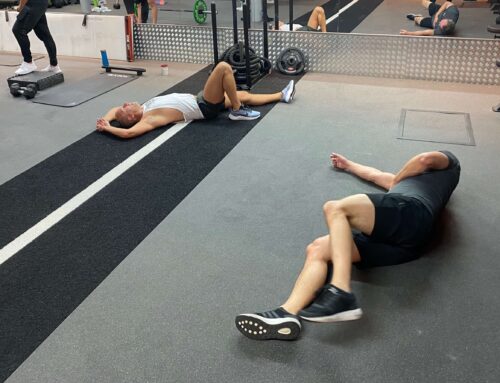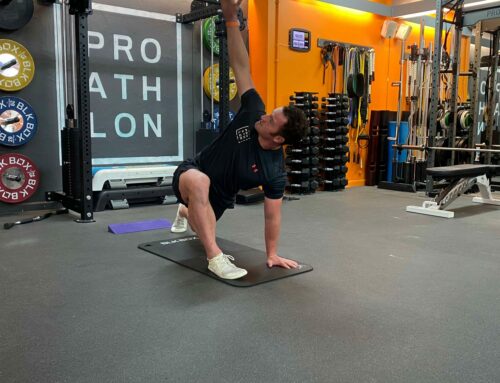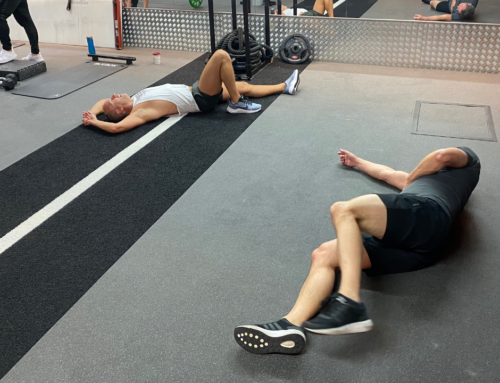What type of progress is more important to you; Immediate progress that’s less easily maintained, or maintainable progress that may not be as rapid?
Society has driven us towards wanting things done quickly, done efficiently, done NOW.
This is great for productivity and profit but, when it comes to the human body (both physically and mentally) fast isn’t always better.
The 12-week transformation is both popular and big business in the fitness industry. The before and after photos are often at the forefront of fitness/gym marketing campaigns. After all, they say a picture is worth 1000 words. However, with transformation pictures, they are often a few thousand words short of the bigger picture.
I want to tell you of a recent member who joined us after completing a transformation programme with another local personal training gym. Member “x” lost 30kg over the space of 9 months. This is an incredible feat and required a lot of determination and discipline (well done member x). As an outsider, you would look at the before and after photos and think wow, incredible, she looks great, I want the same. But, what the picture doesn’t show, is the physical and mental cost of what was an impressive amount of weight lost. After an initial consultation, we uncovered the following:
- Losing so much weight so quickly has left member x with excess skin around her mid section and back of the arms. This may improve overtime but, surgery will likely be the only option to improve this. Had the weight be lost over a longer period the skin may have had time to adapt.
- Member x has developed a fear of regaining weight.
- The fear of regaining weight has caused member x to increase daily step count to a range of 30-50k per day. Waking up at 4am to get 2hrs of walking in before work.
- After following a diet of 1400kcal with a very low carbohydrate intake, member x has developed a fear of carbohydrates and now has a negative relationship with food. Eating more calories and carbohydrates seems counterintuitive.
- Due to the low carb diet and therefore low fibre, toilet visits are every 3 days. Digestion is sluggish and member x feels bloated most of the time.
- Due to a significant calorie deficit member x’s menstrual cycle stopped 9 months ago and hasn’t returned.
- Member x feels lost and doesn’t know how to regain control and balance in her life.
Member x is an extreme case but, since opening our doors back in 2014 we have seen countless people exiting a 12-week transformation with one or several of the outcomes outlined above.
We understand that people want to see progress early on in their training programme. It can provide further motivation and backs up that they are on a forwards path (note I didn’t say correct path).
Our concern, is that people who exit these types of programmes are often being hung out to dry once the after photos have been captured. Essentially these people have had “the kitchen sink” thrown at them (increased number of training sessions, increase intensity within each training session, super low calorie diet, super high NEAT target, very low carbohydrate intake) all in an effort to get that ripped after photo. This approach is unsustainable and therefore no wonder that the majority of people regain body fat & body weight afterwards. But regaining weight post transformation is to be expected. It’s the hidden cost of transformations that is the real danger. People are often left (like member x) with a poor relationship with food and exercise (trust us, exercising whilst on low calories and very low carbohydrate diet is not fun) and start to believe that this “all or nothing” approach is the only way that they can get lean, which often triggers a yo-yo approach to exercise, nutrition and health.
So what is the answer?
We have outlined 2 options and we are firm believers in option 1. But, if option 2 is still for you, we’ve given our advice on what to ask for and the mindset you should have going into these types of programmes:
- Take a longer term view at your transformation, using a less aggressive, more sustainable approach to both exercise, nutrition and lifestyle. Focus on increasing muscle mass and reducing your body fat percentage to a moderate to low level for your age and gender. From this position, if you have a special event like a wedding or holiday that you want to get very lean for, you can then embark on a more aggressive nutrition and training protocol for a shorter period knowing that it is not sustainable and knowing that you will rebound to your maintenance level of body weight/bodyfat.
- If a 12-week transformation is the programme for you. Understand that what you are about to embark on is likely to be unsustainable long term, accept that you will regain some weight after the programme, be mindful or your relationship with food and exercise, be conscious of your digestive system, particularly around number of bowel movements, but most important of all, ask your personal trainer for guidance and support once the programme has finished. You essentially need a programme to unwind from the main programme. You shouldn’t be left on your own.
Every client we see is different, some clients are in a position and would respond well to a shorter more intense programme but, for most, a longer term, healthier and more sustainable outlook on a transformation is a much better option.
Just think where you could be if you gave yourself 12 months of consistent training, guided nutrition, support and accountability from a team of people that are passionate about helping you. This sounds like a much better and more sustainable transformation if you ask me.
Want to train with us? Book in for a consultation by completing the form below.
Book a free consultation
Leave your details and we’ll get in touch to arrange a consultation to discuss your goals.






